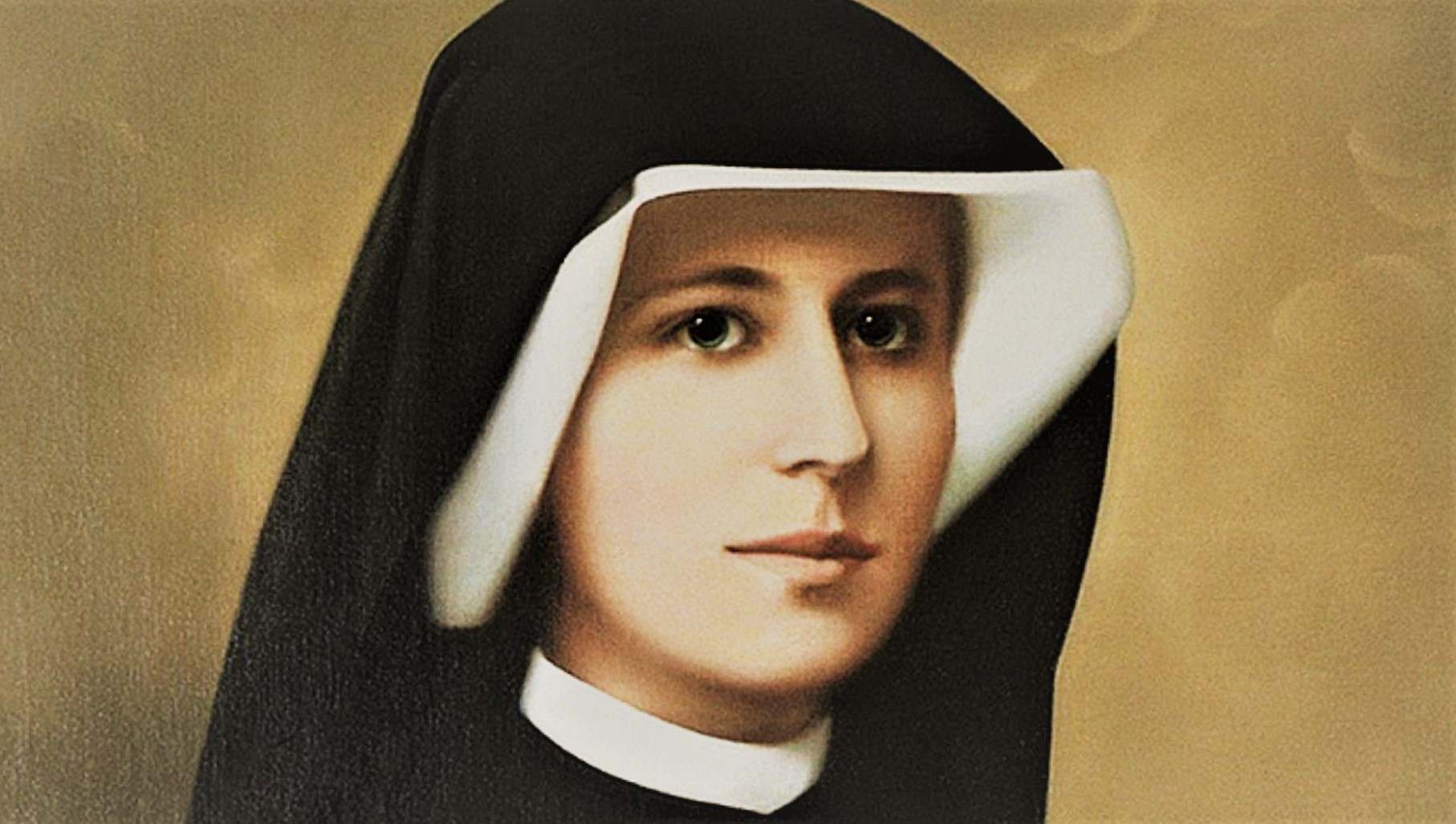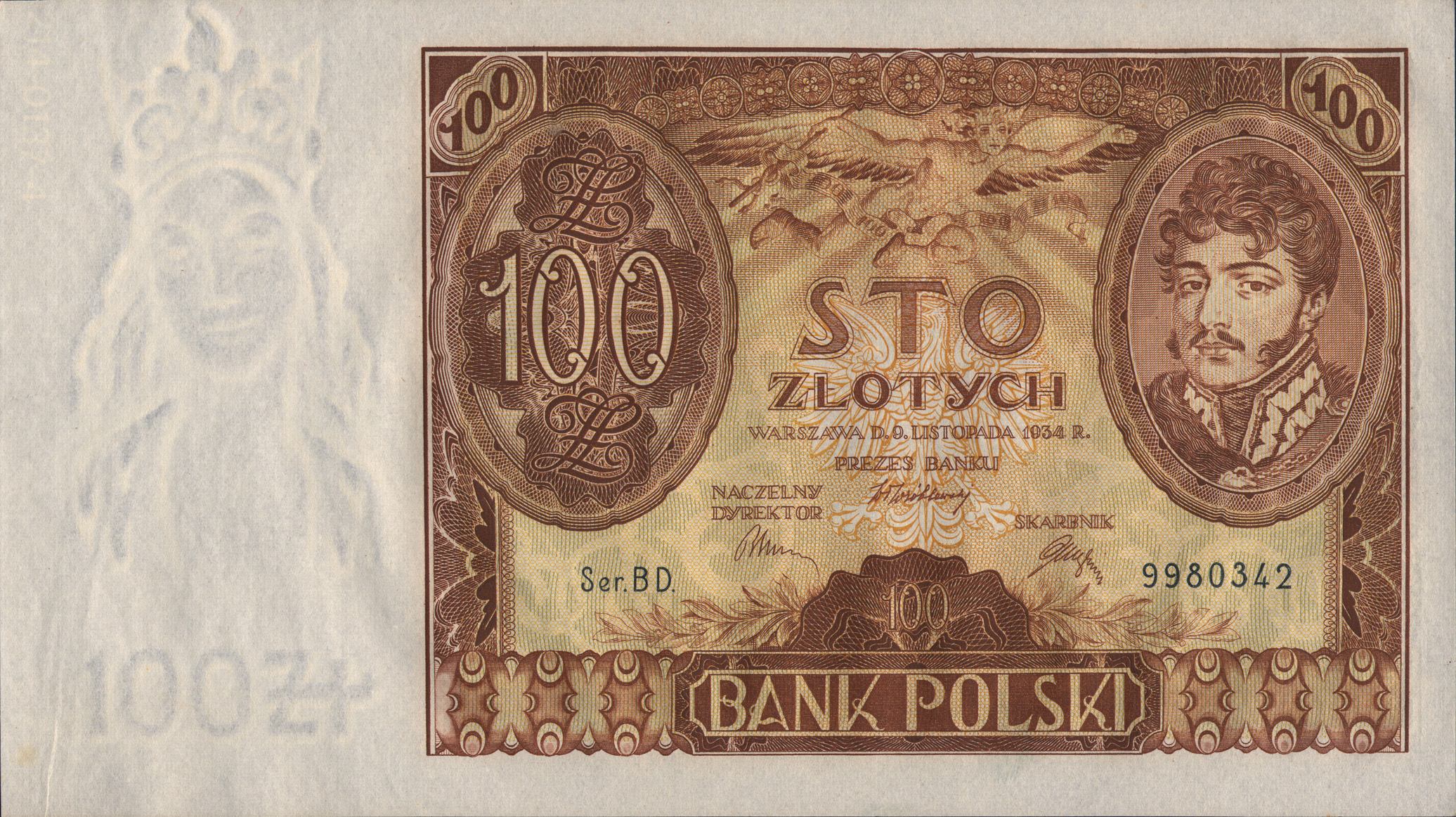British historians share their experiences of studying Polish history
The Centre for Polish-Lithuanian Studies is planning its activities for this year. Unless there is a return of COVID restrictions, it is planning to hold a symposium in the spring, and run some online talks, details of which will be published soon. In the first event, hosted by the Kościuszko Foundation this Thursday (23 September),…




